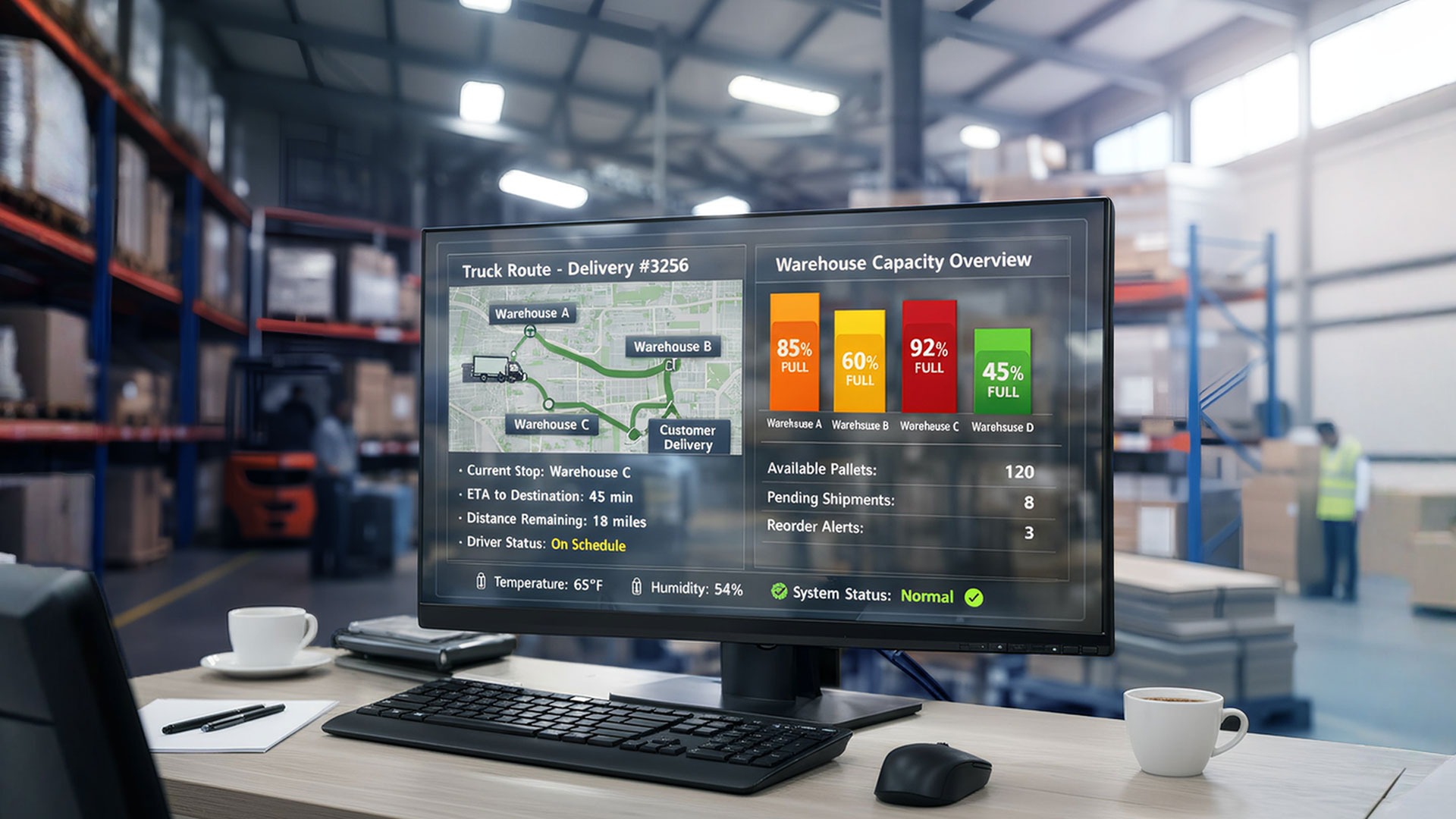
Logistics is the backbone of a company’s supply chain. Without it, there would be no way to move goods from one place to another in an efficient and timely manner; which can ultimately affect your competitiveness as well as customer satisfaction levels.
Whether you’re shipping containers across oceans or delivering products through local townships, logistics has become increasingly more important with every passing day. This can be attributed to advances in technology that have allowed for quicker communication between people and companies all over the world about where things are at any given moment.
Supply Chain Management relies heavily on Logistics by planning their movement practices so they happen quickly without incident – while also being safe since accidents do not just hurt those involved but disrupt business operations too!
Role of logistics in supply chain management
Logistics in supply chain management, including keeping up a certain level of customer service quality and labor resource optimization can be done two ways:
- reducing resources used for transportation while maintaining high-quality standards; or
- optimizing each movement by using only necessary supplies which reduces unnecessary costs such as fuel consumption;
either way’s fine if it means more satisfied customers!
Role of logistics industry in Pakistan
The Logistics industry is one of the most important industries in Pakistan. Logistics companies are responsible for moving goods from one place to another and ensuring that it gets there on time and in good condition.
The logistics industry plays a vital role in the economy by providing international trade, employment opportunities, social stability, as well as economic growth.
The way logistics and supply chain management have evolved in the past few years and online logistics marketplaces are becoming future of logistics marketplaces, it’s become essential for Pakistani businesses. who want to compete globally while dealing with local challenges like low internet penetration rates, high transportation costs due to fixed infrastructure development plans, etc., which makes them an integral part of any Logistics industry.
How logistics marketplaces can help meet supply chain challenges
Logistics firms have been at the forefront of meeting supply chain challenges for decades now and will continue to be so with developing economies such as Pakistan.
Here are some ways logistics marketplaces can help meet supply chain challenges:
- Trucking companies must have a digital platform to stay competitive in today’s economy. Companies with this type of technology can provide predictive and prescriptive insights for truckers as well as dynamic shipment tracking software so that customers are able to make educated decisions at any time during the process
- The use of IoT in the freight industry is making it possible to provide insights for trucking-route optimization, dynamic shipment tracking and more. This enables partners and customers alike to make educated decisions with real-time information.
- Logistics marketplaces have also been known to help local businesses get access to international trade, which in turn helps the economy grow and creates more employment opportunities; not only for those who work at these logistics firms but also for their drivers as they are able to buy goods from different parts of the world with ease.
- Logistic marketplaces are also a great way to reduce the Logistics industry’s carbon footprint.
Imagine the logistics industry in Pakistan being able to compete and grow with world-class technology, information, and infrastructure. As the logistics industry gets ready to evolve, Wahyd Logistics will play an integral part in technologically disrupting the logistics landscape of Pakistan.






